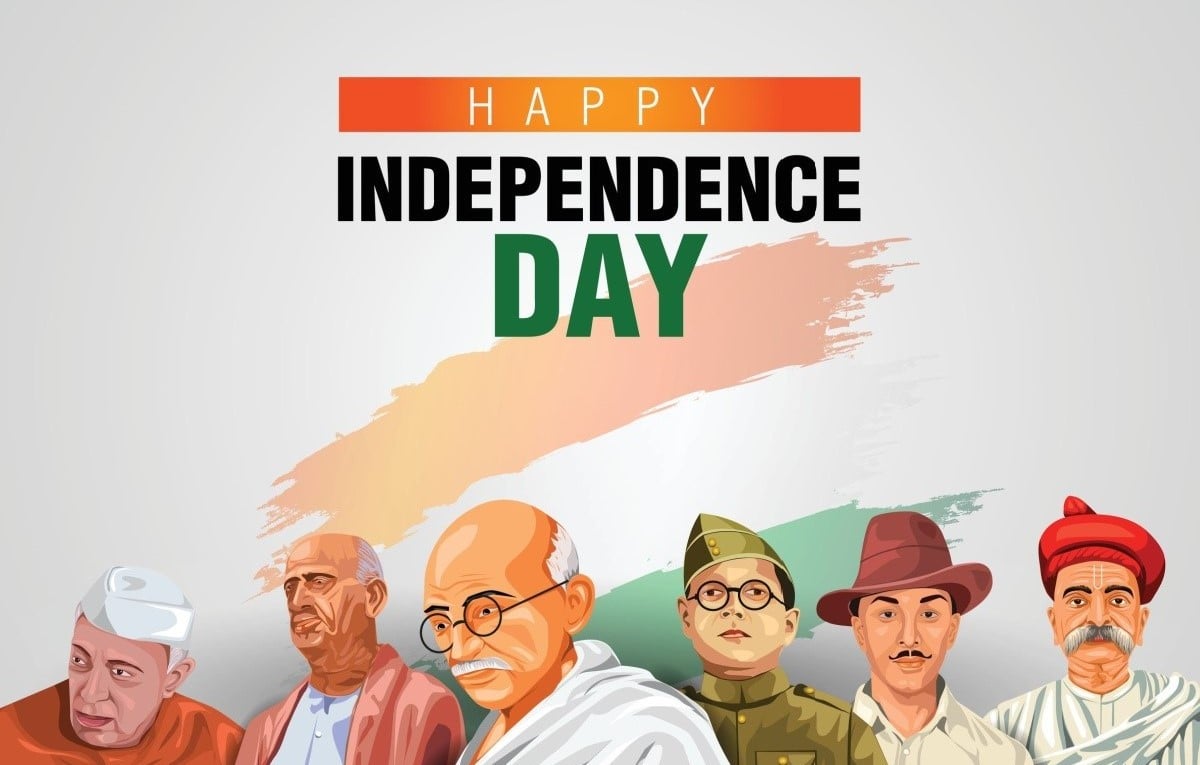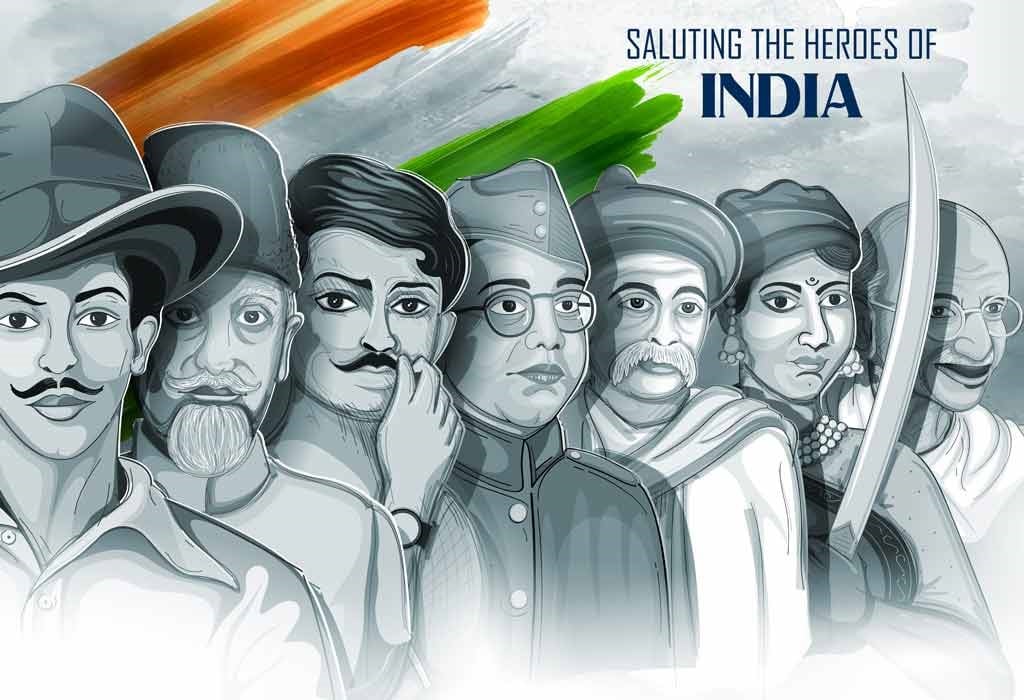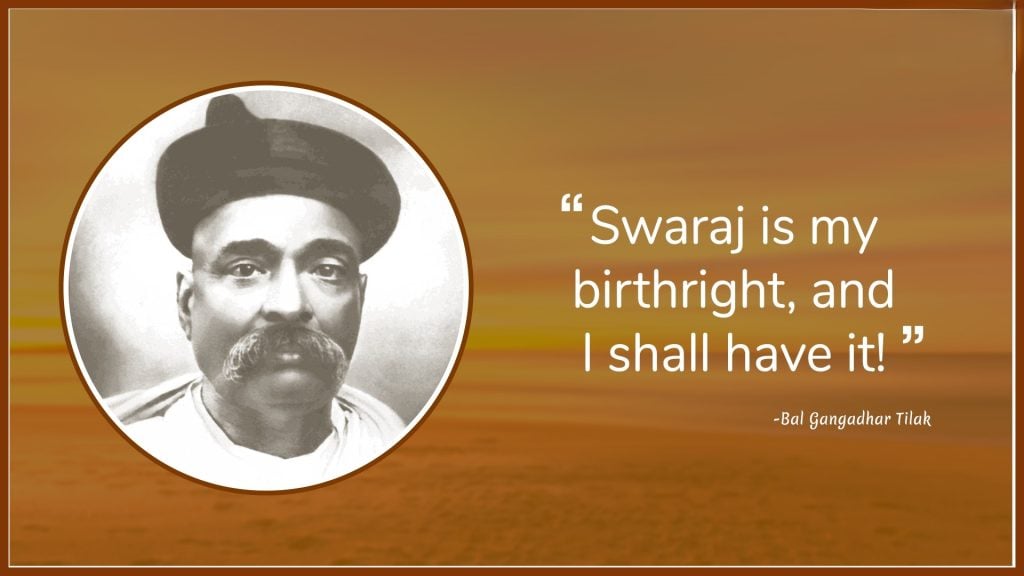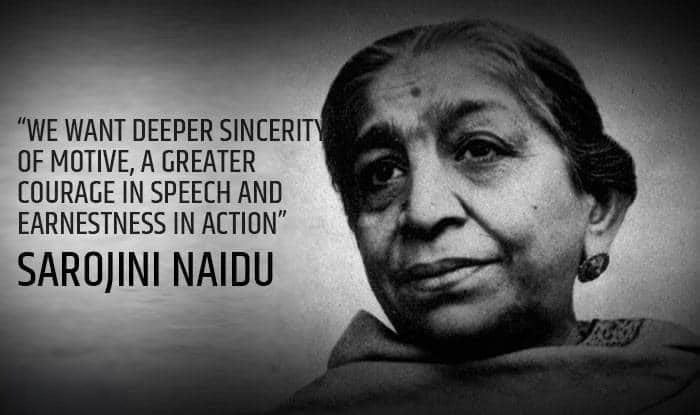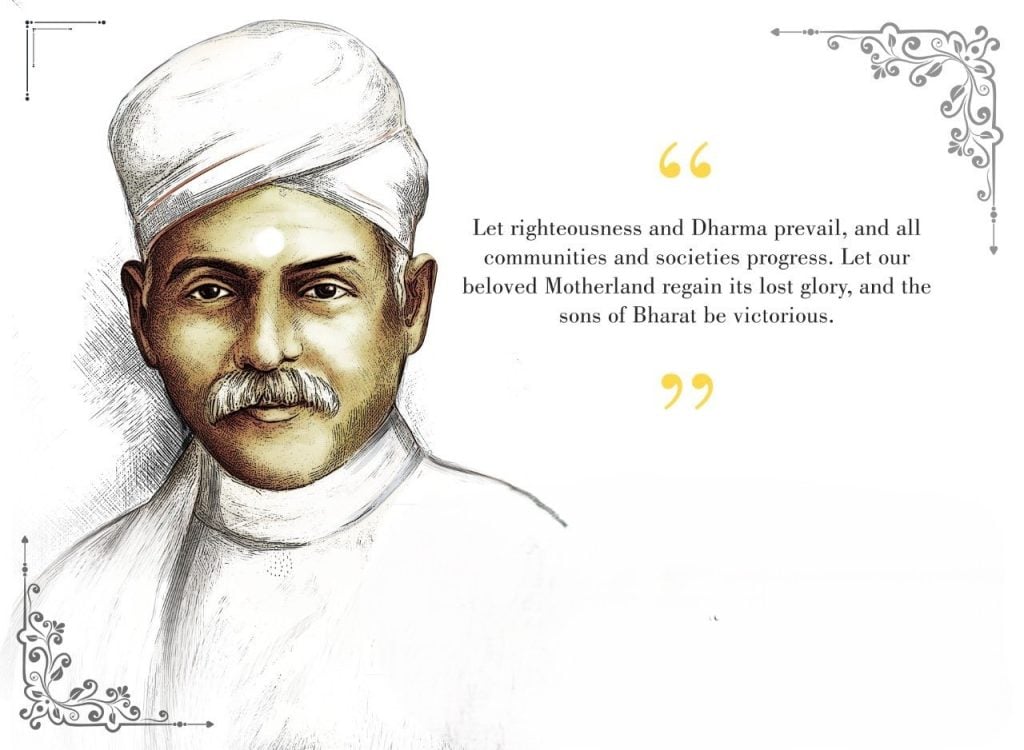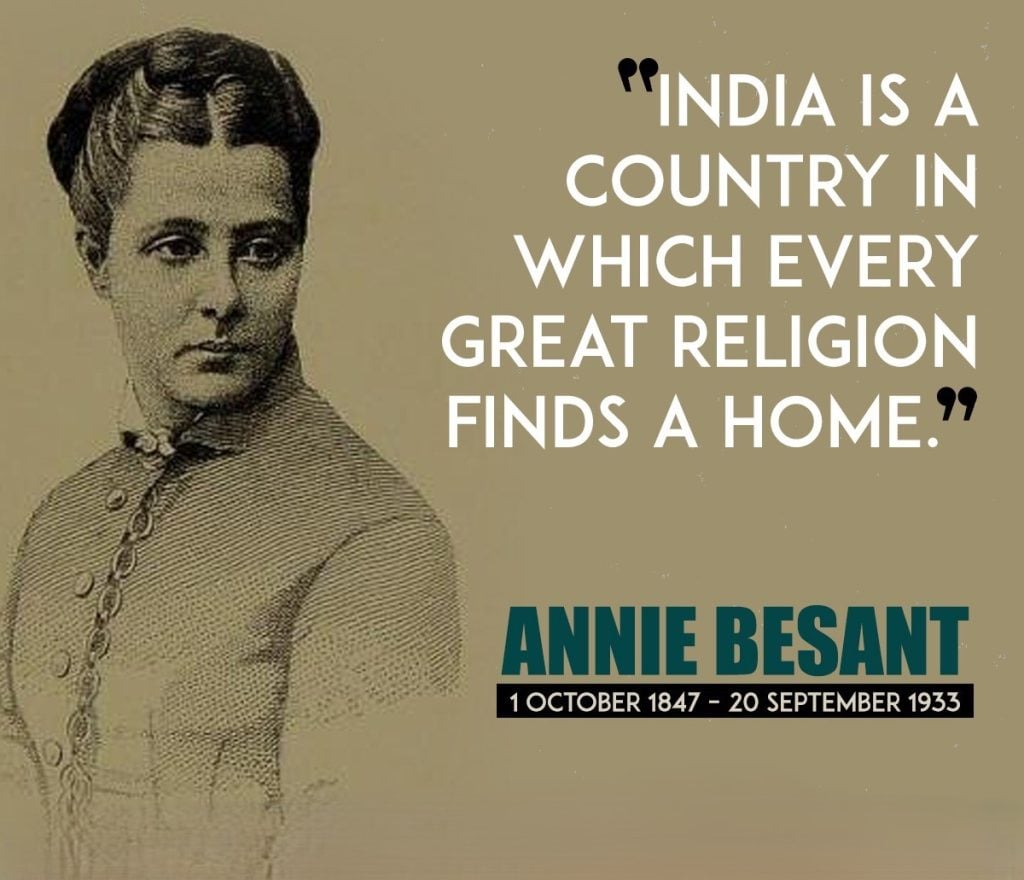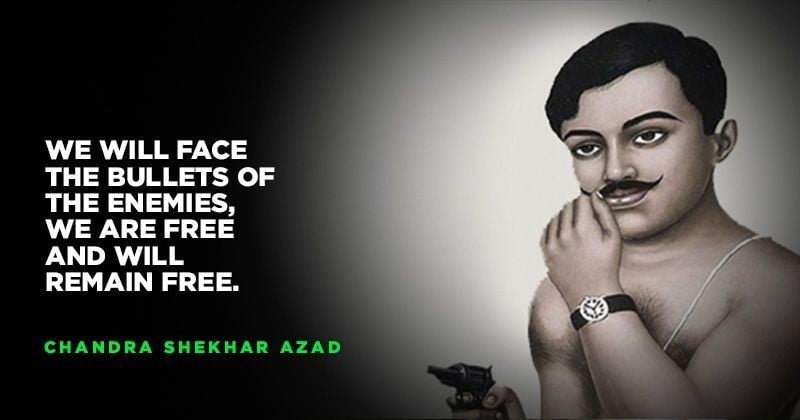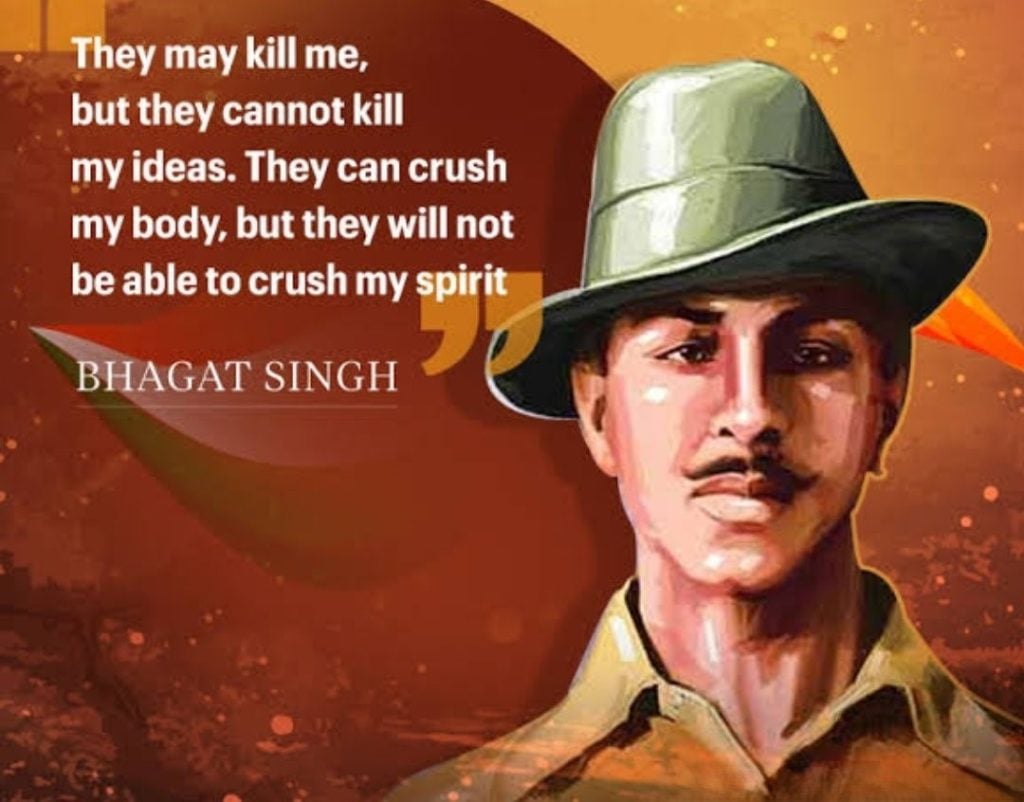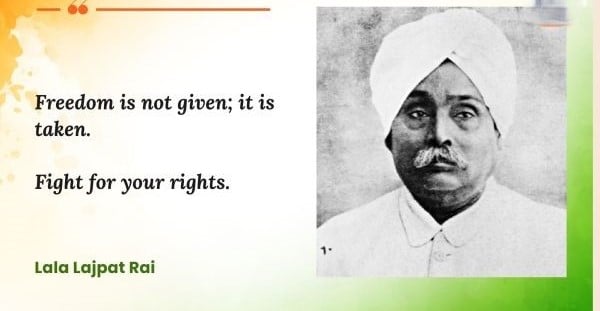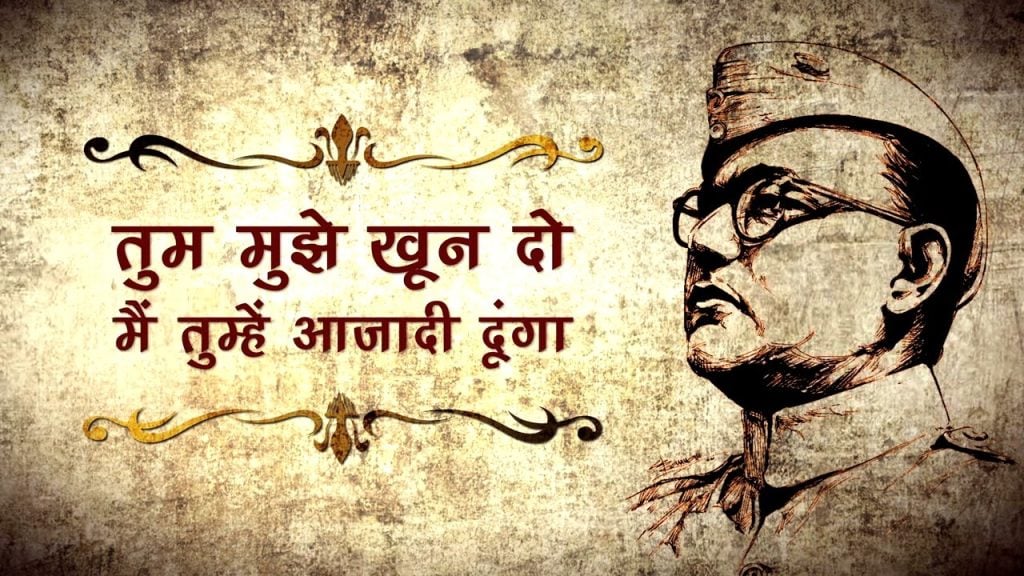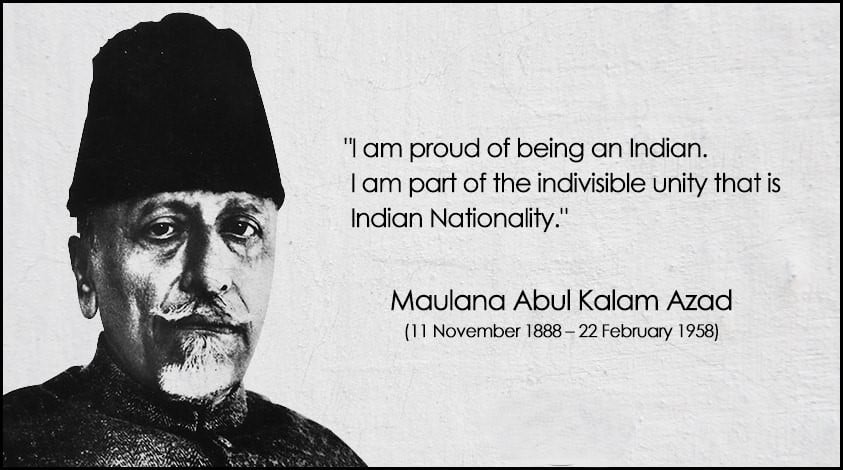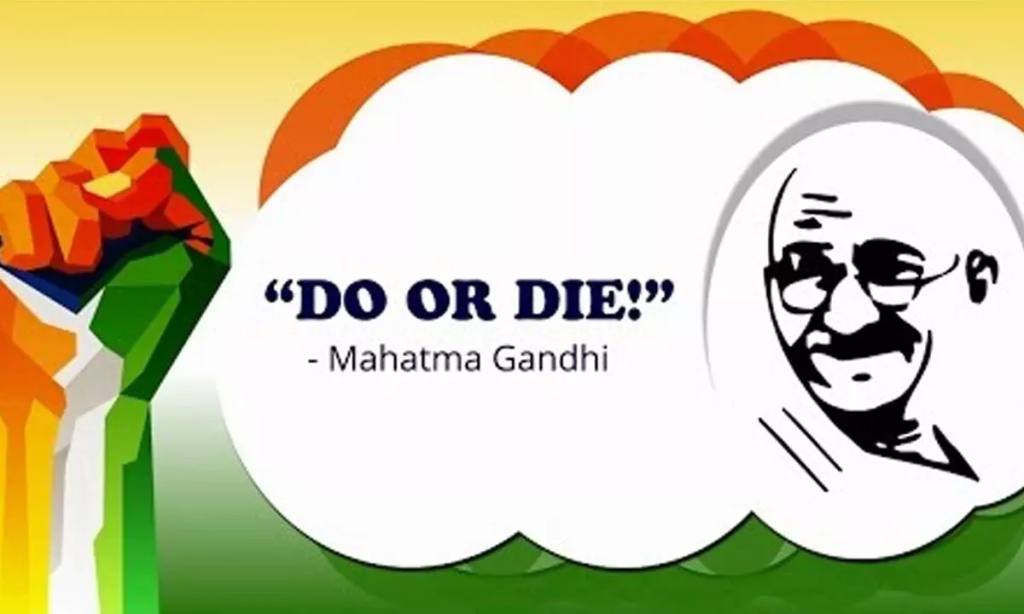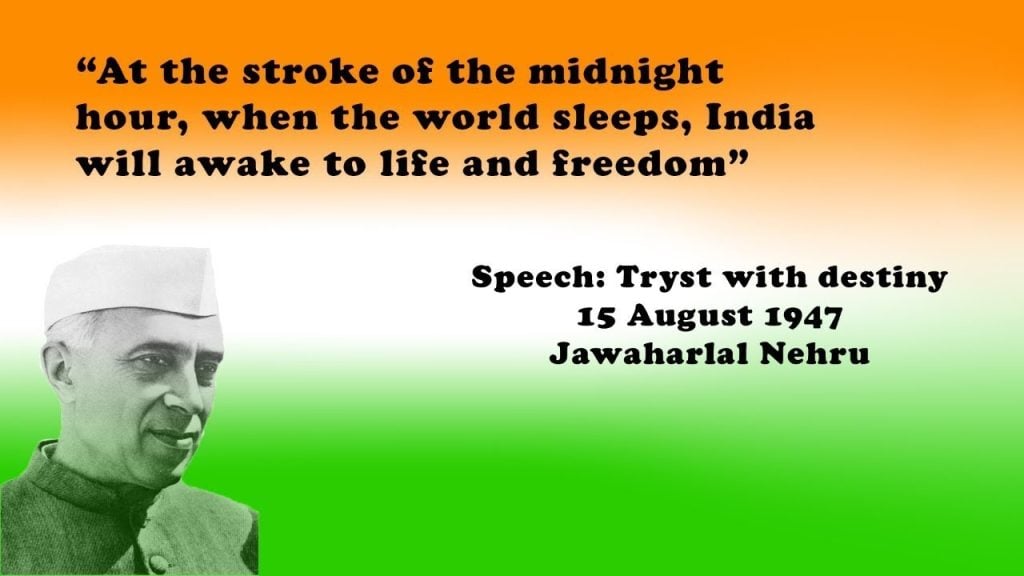As India prepares to celebrate its 78th Independence Day on August 15, 2024, it is a time to reflect on the sacrifices, struggles, and visionary leadership that paved the way for our nation’s freedom. The freedom fighters of India, through their powerful words and unwavering determination, ignited a flame of patriotism that continues to inspire generations. Their iconic slogans and profound quotes have become the rallying cries that have shaped the very fabric of our national identity.
In this comprehensive article, we will delve into From Freedom Fighters to Modern Celebrations: 78 Independence Day 2024 Quotes and Slogans. These stirring words not only galvanized the masses during the freedom struggle but also continue to resonate with us today, reminding us of the indomitable spirit and unbreakable resolve that propelled our nation towards sovereignty.
Bal Gangadhar Tilak
Bal Gangadhar Tilak, often referred to as the “Father of Indian Unrest,” was a pioneering figure in the Indian independence movement. His unwavering commitment to swaraj (self-governance) was encapsulated in his famous declaration: “Swaraj is my birthright, and I shall have it.” This bold assertion underscored the fundamental right of Indians to determine their own destiny, inspiring a generation of freedom fighters to rise up against colonial rule.
Tilak’s advocacy for swaraj marked a significant shift in the Indian struggle for independence, moving away from a more passive approach towards a more assertive and confrontational stance. His rallying cry resonated across the country, galvanizing the masses and setting the stage for a more aggressive phase in the fight for freedom.
Celebrate India’s 78th Independence Day with These Top Patriotic Songs
Sarojini Naidu
Sarojini Naidu, known as the “Nightingale of India,” was a trailblazing leader who used the power of her words to inspire and mobilize the nation. In 1915, she delivered a stirring speech that captured the essence of India’s greatness, stating, “A country’s greatness lies in its undying ideal of love and sacrifice that inspire the mothers of the race.”
Naidu’s eloquence and commitment to the cause of independence made her a prominent figure within the Indian National Congress. Her speeches not only ignited the patriotic spirit of the people but also championed the role of women in the freedom struggle. Naidu’s words and actions paved the way for future generations of female leaders to take up the mantle of India’s liberation.
Pandit Madan Mohan Malaviya
Pandit Madan Mohan Malaviya, the renowned educator and founder of Banaras Hindu University, recognized the transformative power of knowledge. In 1916, he asserted, “Knowledge with humility is worthless,” emphasizing that education must be coupled with a sense of purpose and responsibility to truly empower the Indian people.
Malaviya’s unwavering belief in the importance of education as a tool for social and political awakening played a crucial role in shaping the independence movement. He championed the idea that an educated populace would be better equipped to understand and challenge the injustices of colonial rule, ultimately leading to the realization of India’s aspirations for self-governance.
Annie Besant
Annie Besant, a British supporter of Indian independence, made significant contributions to the freedom movement through her advocacy and international outreach. In 1917, she boldly declared, “Freedom is the birthright of every nation,” highlighting the fundamental right of Indians to self-determination.
Besant’s efforts to garner global support for the Indian cause were instrumental in raising awareness about the injustices of colonial rule. By bridging the gap between Indian nationalists and the international community, she played a crucial role in amplifying the voice of the Indian independence movement on the global stage.
Chandra Shekhar Azad
Chandra Shekhar Azad, a prominent revolutionary figure, embodied the spirit of unwavering resistance against colonial rule. In 1928, after being sentenced to 15 lashes by the British, he defiantly declared his name as “Azad,” meaning “The Free.” This act of defiance in the face of oppression became a symbol of the freedom fighters’ unwavering commitment to their cause.
Azad’s most powerful assertion came on February 27, 1931, when he proclaimed, “We will face the bullets of the enemy; we are free and will remain free.” This declaration, uttered as he shot himself to avoid capture by the British, exemplified his fearless attitude and inspired countless Indians to join the fight against colonial rule.
Bhagat Singh
Bhagat Singh, a revolutionary icon of the Indian independence movement, emerged as a prominent figure in the late 1920s. His rallying cry of “Inquilab Zindabad” (Long Live the Revolution) became a rallying call for those who advocated for a more radical approach to achieving freedom.
One of Bhagat Singh’s most powerful statements was, “They may kill me, but they cannot kill my ideas. They can crush my body, but they will not be able to crush my spirit.” This declaration highlighted his unwavering commitment to his revolutionary ideals and the enduring power of thought and belief, inspiring a new generation of freedom fighters to take immediate action against British rule.
Celebrating Independence Day 2024: What to Know
Lala Lajpat Rai
Lala Lajpat Rai, known as the “Lion of Punjab,” demonstrated an unwavering resolve in the face of colonial oppression. His powerful assertion, “Freedom is not given; it is taken. Fight for your rights,” underscored the active role that individuals must play in securing their independence.
Rai’s defiance in the face of brutal police assault in 1928 became a symbol of resistance against British tyranny. His leadership and sacrifice galvanized public sentiment, reinforcing the resolve of Indians to fight for their rightful place in the world.
Subhash Chandra Bose
Subhash Chandra Bose, a charismatic and revolutionary leader, delivered a powerful speech in 1944 that underscored the urgent need for armed resistance against British colonial rule. His iconic declaration, “Give me blood, and I shall give you freedom” (tum mujhe khoon do, main tumhe azaadi dunga), resonated deeply with those who advocated for a militant approach to independence.
Bose’s leadership of the Indian National Army marked a significant turning point in the freedom struggle, appealing to individuals disillusioned with non-violent resistance. His call to action inspired many to join the fight for liberation, emphasizing that true freedom could only be achieved through sacrifice and determination.
Maulana Abul Kalam Azad
Maulana Abul Kalam Azad, in his presidential address at the Ramgarh session of the Indian National Congress in 1940, underscored the urgency of the freedom movement. His powerful statement, “I am part of the indivisible unity that is Indian nationality,” demonstrated his vision of a unified India, transcending religious and cultural divides.
Azad’s intellectual prowess and leadership were vital in uniting diverse groups within the struggle, fostering a sense of collective purpose among Indians from various backgrounds. His message of unity and inclusivity played a crucial role in strengthening the foundation of the independence movement.
Mahatma Gandhi
No discussion of India’s freedom struggle would be complete without the iconic Mahatma Gandhi. During the Quit India Movement in August 1942, Gandhi delivered a passionate address urging the nation to “Do or Die” for immediate independence.
Gandhi’s call to action galvanized widespread protests and civil disobedience, with his philosophy of non-violent resistance becoming central to India’s path to independence. His words inspired millions to join the fight against colonial rule, marking a pivotal moment in the struggle for freedom.
Jawaharlal Nehru
As India celebrated its independence on August 15, 1947, Jawaharlal Nehru, the first Prime Minister of independent India, delivered a historic speech that captured the essence of the nation’s long-awaited freedom. His powerful words, “At the stroke of the midnight hour, when the world sleeps, India will awake to life and freedom,” resonated across the country, reflecting the struggles, sacrifices, and triumphs that had led to this momentous occasion.
Nehru’s “Tryst with Destiny” speech not only celebrated the achievement of independence but also set the tone for the future, outlining the challenges and responsibilities that lay ahead for the newly liberated nation. His inspiring words continue to inspire and guide the Indian people in their pursuit of progress and prosperity.
Iconic Slogans that Fueled the Freedom Struggle
Alongside the profound quotes and declarations of India’s freedom fighters, a range of iconic slogans also played a crucial role in galvanizing the masses and sustaining the momentum of the independence movement. These slogans, often chanted in unison, became the rallying cries that united the diverse voices of the nation.
Some of the most renowned slogans include:
- “Swaraj is my birthright, and I shall have it” – Bal Gangadhar Tilak
- “Inquilab Zindabad” (Long Live the Revolution) – Bhagat Singh
- “Dushman ki goliyon ka hum samna karenge, Azad hee rahein hain, Azad hee rahenge” (We will face the bullets of the enemy; we are free and will remain free) – Chandra Shekhar Azad
- “Tum mujhe khoon do, main tumhe azaadi doonga” (Give me blood, and I shall give you freedom) – Subhash Chandra Bose
- “Satyamev Jayate” (Truth Alone Triumphs) – Madan Mohan Malaviya
These slogans, infused with the spirit of defiance, sacrifice, and unwavering determination, became the rallying cries that inspired and united the Indian people in their quest for independence.
21-Gun Salute Drill by Indian Army Before Independence Day
Conclusion
As India prepares to commemorate its 78th Independence Day in 2024, the iconic slogans and inspiring quotes from the freedom fighters continue to hold immense significance. These powerful words have transcended the boundaries of time, serving as a constant reminder of the sacrifices, struggles, and visionary leadership that paved the way for our nation’s sovereignty.
By revisiting and reflecting on these captivating captions, we can reignite the flame of patriotism within ourselves and future generations. These timeless words not only celebrate the achievements of the past but also serve as a guiding light for the challenges and aspirations of the present and the future.
As we stand on the cusp of a new era, let us draw inspiration from the unwavering spirit and unbreakable resolve of our freedom fighters, and recommit ourselves to the ideals of unity, justice, and progress that they so passionately championed. Together, we can honor their legacy and forge a brighter, more prosperous future for our beloved India.
FAQs
1. What is the best slogan for Independence Day?
“Inquilab Zindabad” – Made famous by Bhagat Singh, this slogan came to represent the struggle for independence.
“Jai Hind” – Created by Subhas Chandra Bose, this phrase has since become a national slogan of India.
2. What is the best caption for Independence Day?
Let’s treasure the freedom we enjoy and unite in our efforts for a brighter future. On this Independence Day, let’s celebrate our unity and strive for a peaceful and prosperous nation. Have a wonderful Independence Day! May the spirit of freedom fill your heart and inspire you to reach new heights.
3. What is the national slogan of India?
Satyameva Jayate
4. What was the significance of the “Tryst with Destiny” speech by Jawaharlal Nehru?
Jawaharlal Nehru’s “Tryst with Destiny” speech, given on the night before India’s independence, perfectly embodied the spirit of the nation’s long-awaited freedom. Nehru’s stirring words, “At the stroke of the midnight hour, when the world sleeps, India will awake to life and freedom,” echoed throughout the country, symbolizing the struggles, sacrifices, and victories that had brought about this historic moment. The speech not only celebrated the attainment of independence but also established a vision for the future, highlighting the challenges and responsibilities facing the newly freed nation.
5. What was the significance of Chandra Shekhar Azad’s defiant actions?
Chandra Shekhar Azad, a key revolutionary figure, epitomized relentless resistance against colonial oppression. In 1928, after receiving a sentence of 15 lashes from the British, he boldly adopted the name “Azad,” which means “The Free.” This act of rebellion became a symbol of the unwavering resolve of freedom fighters. Azad’s most striking declaration came on February 27, 1931, when he asserted, “We will face the enemy’s bullets; we are free and will remain free.” This statement, made just before he shot himself to evade British capture, demonstrated his fearless spirit and motivated many Indians to join the struggle for independence.
